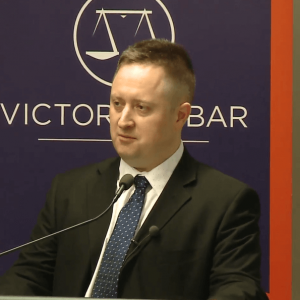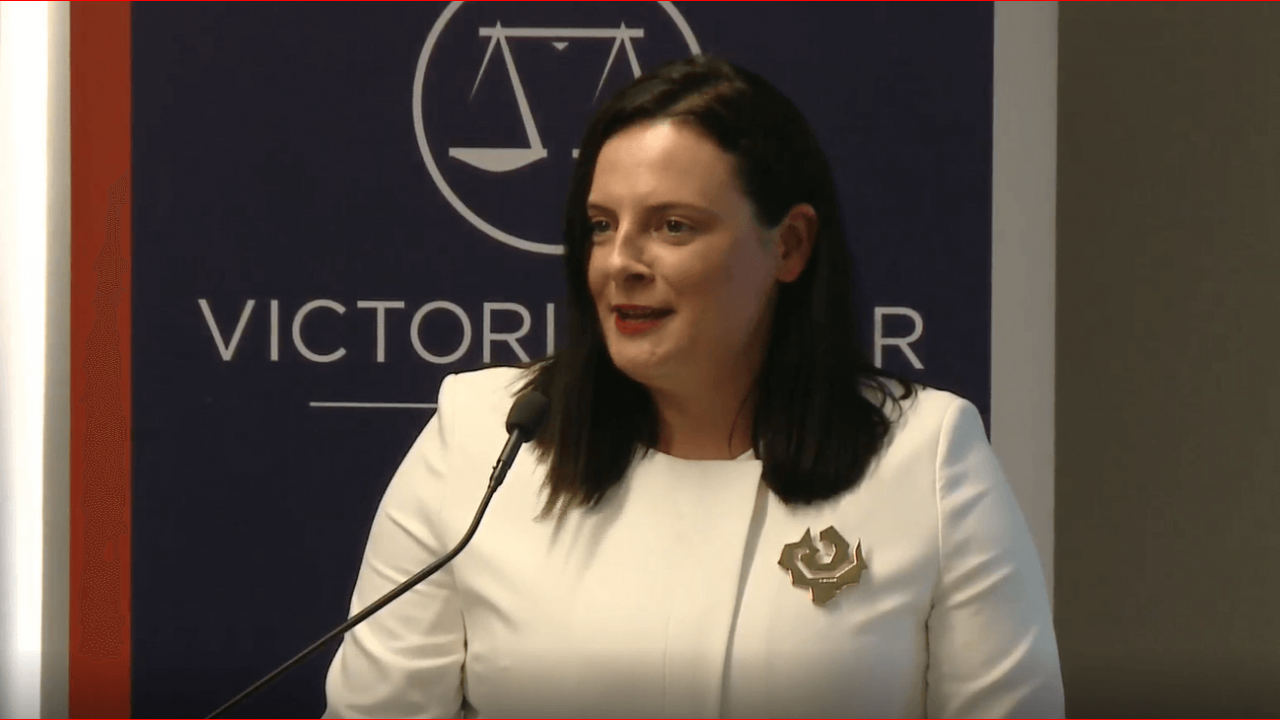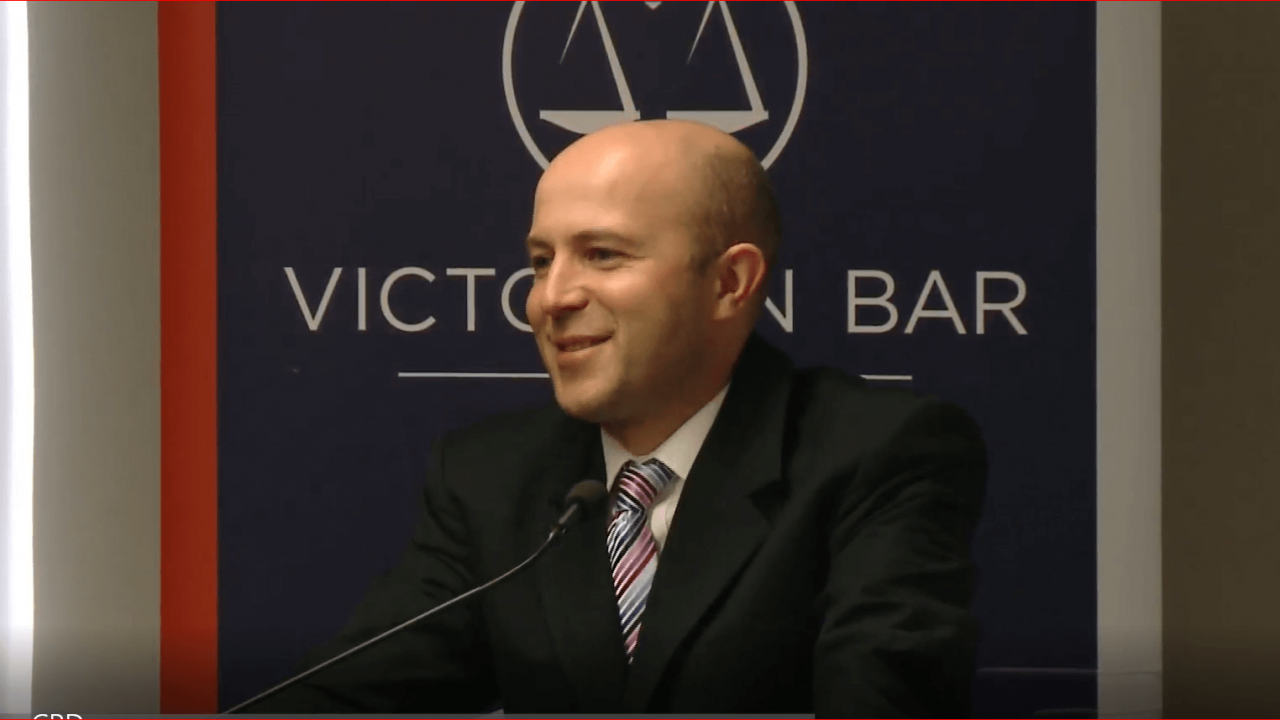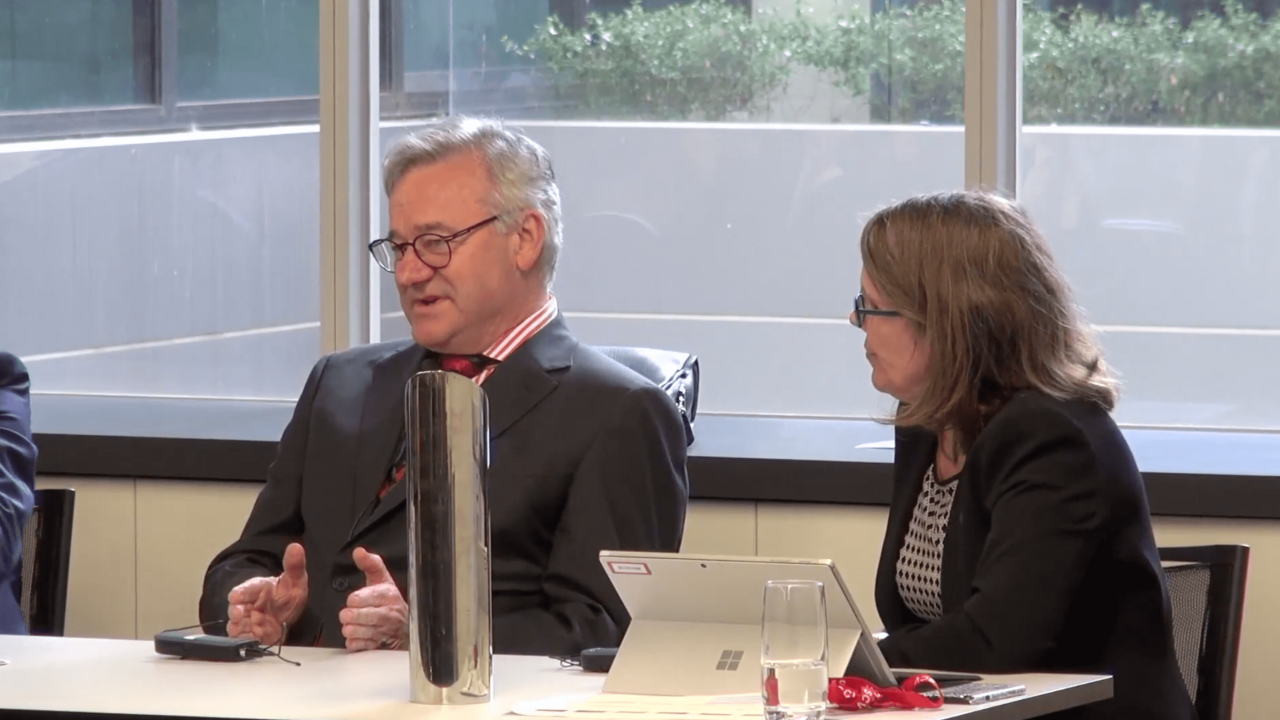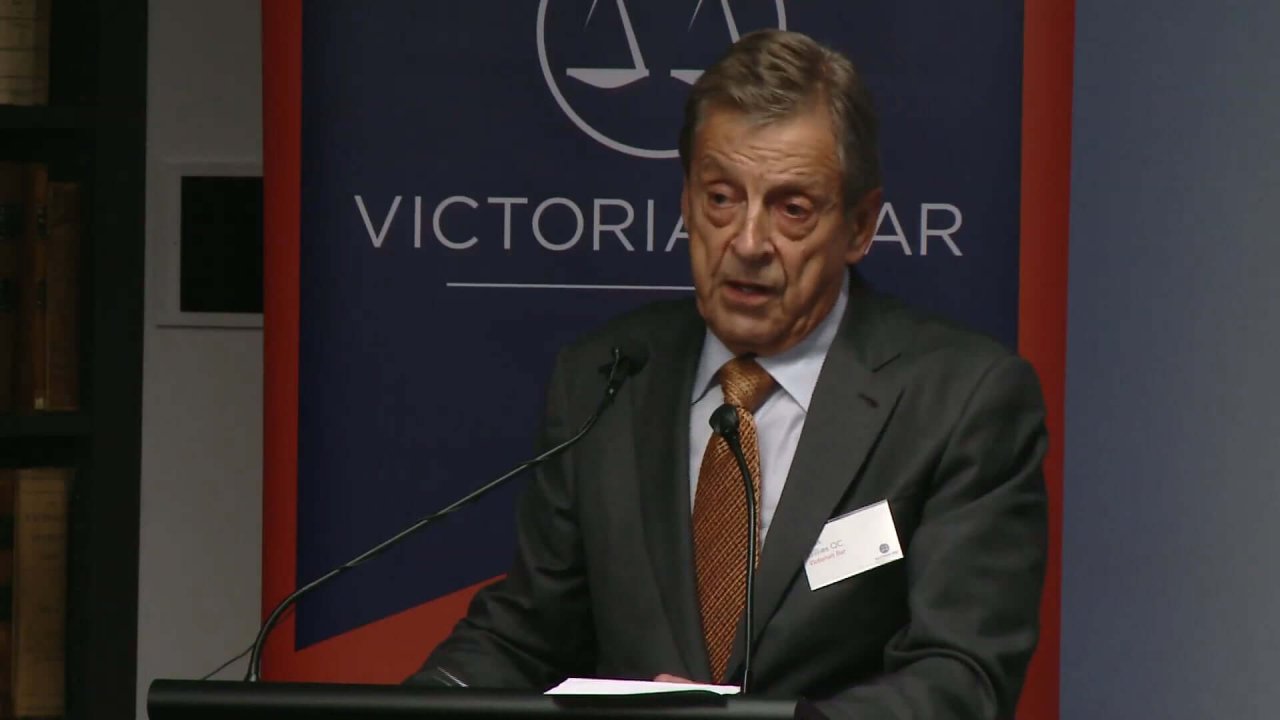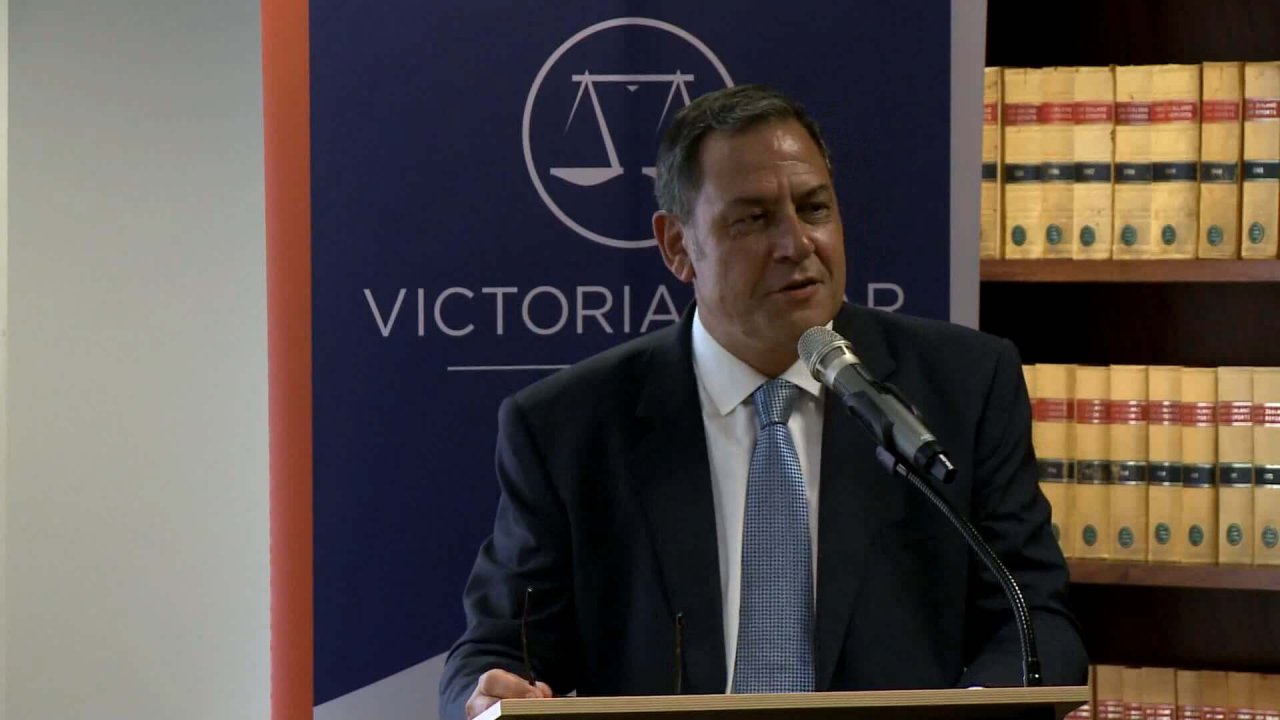
Archive
Showing all 7 results
Advanced Sexual Harassment law: causes of action, types of liability and the Respect@Work reforms
$77.00Advanced Sexual Harassment law: causes of action, types of liability and the Respect@Work reforms
8 November 2021
Claims arising from sexual assault or harassment can be complex. The seminar will canvas the causes of action available to a person who has been sexually assaulted or harassed, including actions available under discrimination laws, common law and the law regulating WorkCover.
Discrimination laws prohibit, and the common law regulates through tort, some sexual harassment. State and federal Acts and the common law adopt different rules that attribute liability to employers for that conduct. The application of those rules can lead to an employer’s direct (primary), vicarious or accessorial liability. The contours of these rules of attribution will be discussed.
On 2 September 2021, the Federal Government’s Sex Discrimination and Fair Work (Respect at Work) Amendment Act 2021 passed both houses of Parliament. It adopts six of the 55 recommendations made in last year’s Respect@Work:National Inquiry into Sexual Harassment report by the Australian Human Rights Commission. The reforms brought about by the Respect@Work legislation will be outlined.
The rule in Browne v Dunn: ‘What?’, ‘Why?’, ‘Who?’ and ‘How?’
$77.00The rule in Browne v Dunn: ‘What?’, ‘Why?’, ‘Who?’ and ‘How?’
In this CPD there will be discussion on a rule that was cemented into the common law by the House of Lords more than 125 years ago. What is it, why do we have it, who must follow it, and how?
Victorian Heads of Jurisdiction Present on Emerging Areas of Practice
$77.00Victorian Heads of Jurisdiction Present on Emerging Areas of Practice
In the seminar, the Chief Justice of the Supreme Court, the Chief Judge of the County Court of Victoria, the Chief Magistrate of the Magistrates’ Court of Victoria and the President of the Victorian Civil and Administrative Tribunal will each explore emerging practice areas, as well as highlighting those practice areas that are static or shrinking.
Jurisdictional Error After SZVFW, TTY167, Hossain and Shrestha
$77.00Jurisdictional Error After SZVFW, TTY167, Hossain and Shrestha
In August, the High Court delivered three significant judgments dealing with judicial review. The judgments concern the relationship between appellate review and legal unreasonableness (Minister v SZVFW; and, in the last week, TTY167) and the extent to which an error must be material in order to be “jurisdictional” (Hossain and Shrestha). They are likely to have significant implications for Australian public law, both in theory and in practice.
Recent Developments in the Common Law Division of the Supreme Court
$77.00Recent Developments in the Common Law Division of the Supreme Court
Recent changes in the Common Law Division of the Supreme Court include e-filing, new powers for judicial registrars (including in relation to transfers between courts and hearing of stay applications), update to the Supreme Court (Miscellaneous Civil Proceedings) Rules (Chapter II rules).
The Courts & Common Law – What Does 2017 Hold?
$77.00The Courts & Common Law – What Does 2017 Hold?
This CPD discusses notable case law and trends in the common law for the last year and predictions and developments for the next six months.
Changes to Practice Court matter in the Supreme Court
$38.50Changes to Practice Court matter in the Supreme Court
This seminar is given by The Honourable Justice Jack Forrest and The Honourable Justice Judd of the Supreme Court of Victoria. The seminar discusses the changes that have been made to the Common Law Division and the Commercial Court in relation to the operation of the Practice Court, particularly regarding the lists and listing arrangements of both courts.




